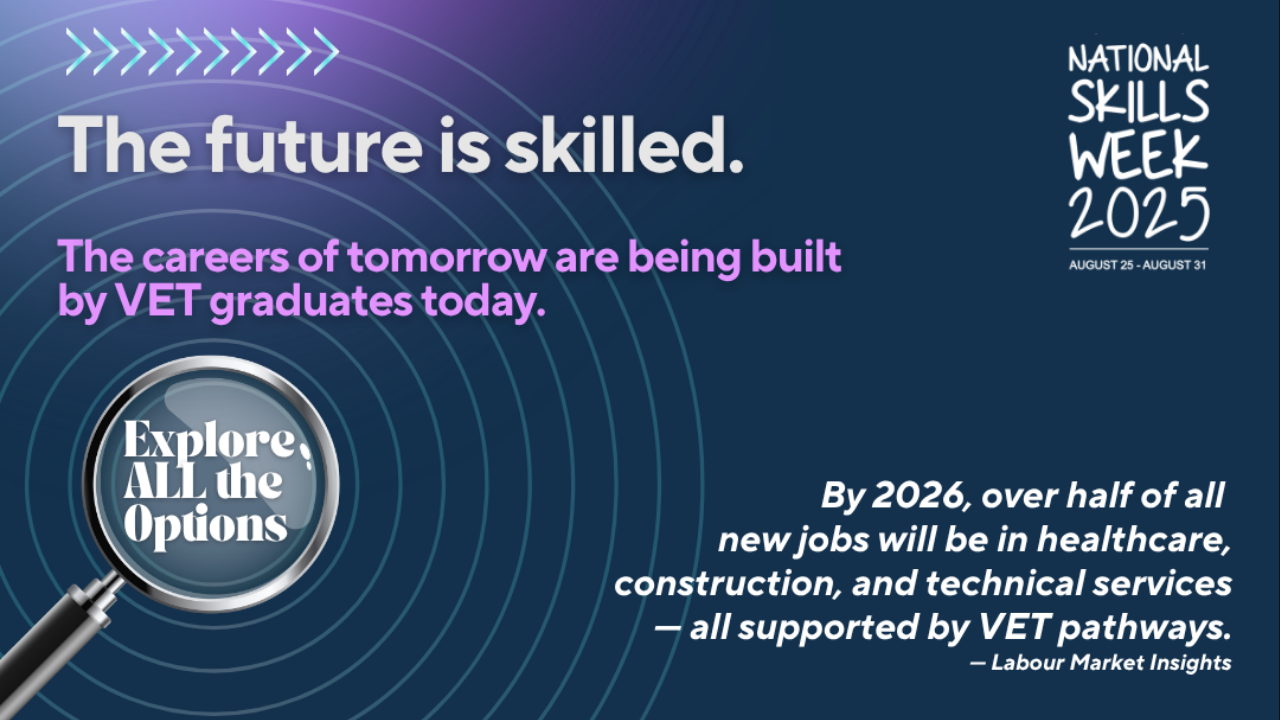Entrée Recruitment: Crafting a Compelling Cover Letter
A well-crafted cover letter is a powerful tool that enhances your job application. It introduces your professional background and highlights your enthusiasm and suitability for the position, helping you stand out. The cover letter acts as a bridge between your resume and the job description, demonstrating the link between your skills and the job requirements. It adds depth to your…

A well-crafted cover letter is a powerful tool that enhances your job application. It introduces your professional background and highlights your enthusiasm and suitability for the position, helping you stand out. The cover letter acts as a bridge between your resume and the job description, demonstrating the link between your skills and the job requirements. It adds depth to your accomplishments and can address any specifics not covered in your resume, such as employment gaps or a change in career focus.
Before drafting your cover letter, check out our other resource, the “Entrée Recruitment: Resume Template and Guide,” which provides valuable formatting tips.
Quick Tips for Writing Your Cover Letter
- Customise Your Letter: Tailor your cover letter for each job application. Refer to specific aspects of the job description and relate them to your experiences.
- Start Strong: Capture the employer’s attention with an engaging opening paragraph highlighting your enthusiasm for the position and the company.
- Showcase Achievements: Use specific examples to demonstrate how you have successfully handled relevant responsibilities or solved problems in past roles.
- Keep It Concise: Your cover letter should be brief and concise, ideally at most one page long. Make every word count and avoid repeating your resume.
- Use a Professional Tone: While it’s important to show personality, maintain a professional tone throughout the letter. Avoid overly casual language and slang.
- Conclude Effectually: Finish with a strong closing paragraph, reiterating your interest in the role and expressing your eagerness to discuss your application in further detail during an interview.
- Proofread: Always proofread your cover letter for spelling and grammar errors. A clean, error-free letter reflects your attention to detail and professionalism.
Highlighting Achievements
When highlighting achievements in your cover letter, specificity is key. Avoid vague statements and focus on concrete results that demonstrate your capabilities. Here are some examples:
- Quantifiable Success: “Increased sales revenue by 20% within six months by implementing a new strategic approach to customer engagement.”
- Problem-Solving: “Resolved a long-standing issue with supply chain logistics, reducing delivery times by 30% and significantly improving customer satisfaction.”
- Leadership and Initiative: “Led a project team to develop a new internal knowledge-sharing platform, enhancing team productivity and reducing onboarding time for new hires by 25%.”
- Awards and Recognition: “Recipient of the 2022 Innovation Award for developing a tool that streamlined our data analysis process, enhancing the team’s efficiency.”
Customising Your Cover Letter
Tailoring your cover letter for each job application demonstrates your genuine interest in the position and increases your chance of grabbing the employer’s attention. Here’s how you can effectively customise your cover letter:
- Research the Company: Show that you understand what the company does and mention why you’re excited about possibly working there.
- Match Your Skills: Carefully read the job description and align your experiences with the skills and qualifications they seek. Use similar language to make this connection clear.
- Address the Hiring Manager by Name: Whenever possible, find out the hiring manager’s name and address them directly. This personal touch can set you apart from other candidates.
Common Mistakes to Avoid
A few missteps can significantly decrease the impact of your cover letter. Be wary of these common mistakes:
- Rehashing Your Resume: Your cover letter should complement, not duplicate, the information in your resume. Use it to tell a story or highlight details you can’t fit on your resume.
- One-Size-Fits-All Approach: Avoid using a generic cover letter for all applications. Customisation shows effort and interest in the role.
- Overlooking Formatting: A cover letter that’s difficult to read or looks unprofessional can be a turn-off. Use a clean, professional format and keep it to one page.
- Typos and Grammatical Errors can lead a hiring manager to question your attention to detail. Always proofread your letter, or even better, have someone else review it.
Need Extra Help? We’ve Got You Covered!
At Entrée Recruitment, we’re all about providing the best possible experience for job seekers like yourself across a variety of sectors. If you need any advice or assistance in your job search, just reach out –Get in Touch.









